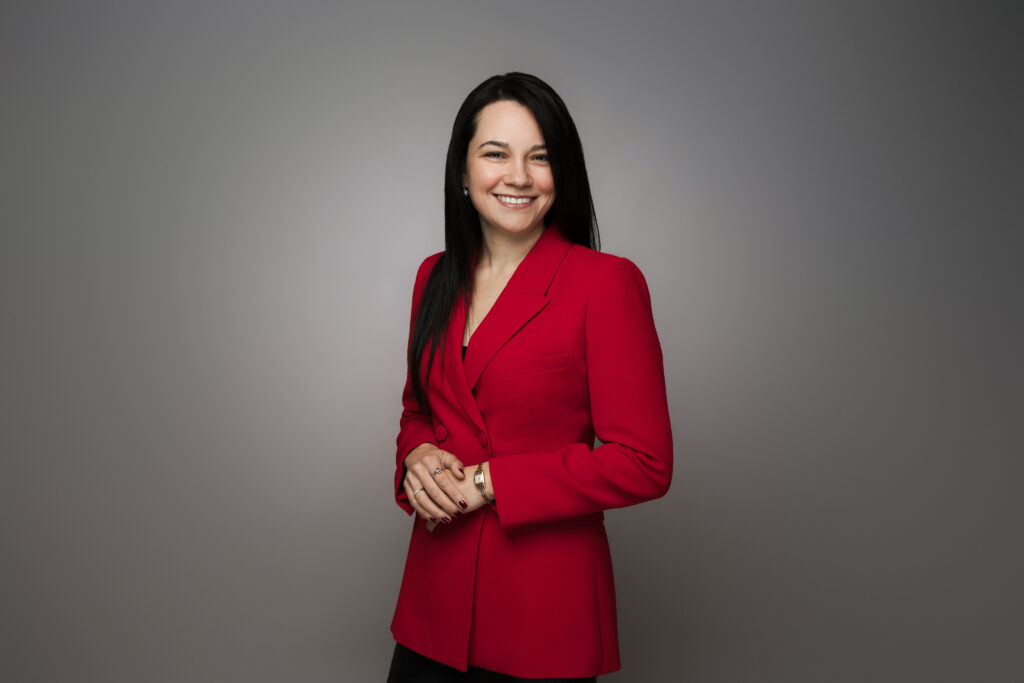Policy & Advocacy Advisory Committee
The National Women’s Safety Alliance Policy & Advocacy Advisory Committee (PAAC) provides expert advice to the NWSA Executive Director and informs and guides the delivery of the Alliance’s policy and advocacy program of work.
Members
Annabelle Daniel OAM (Chair of Policy Advocacy and Advisory Committee)
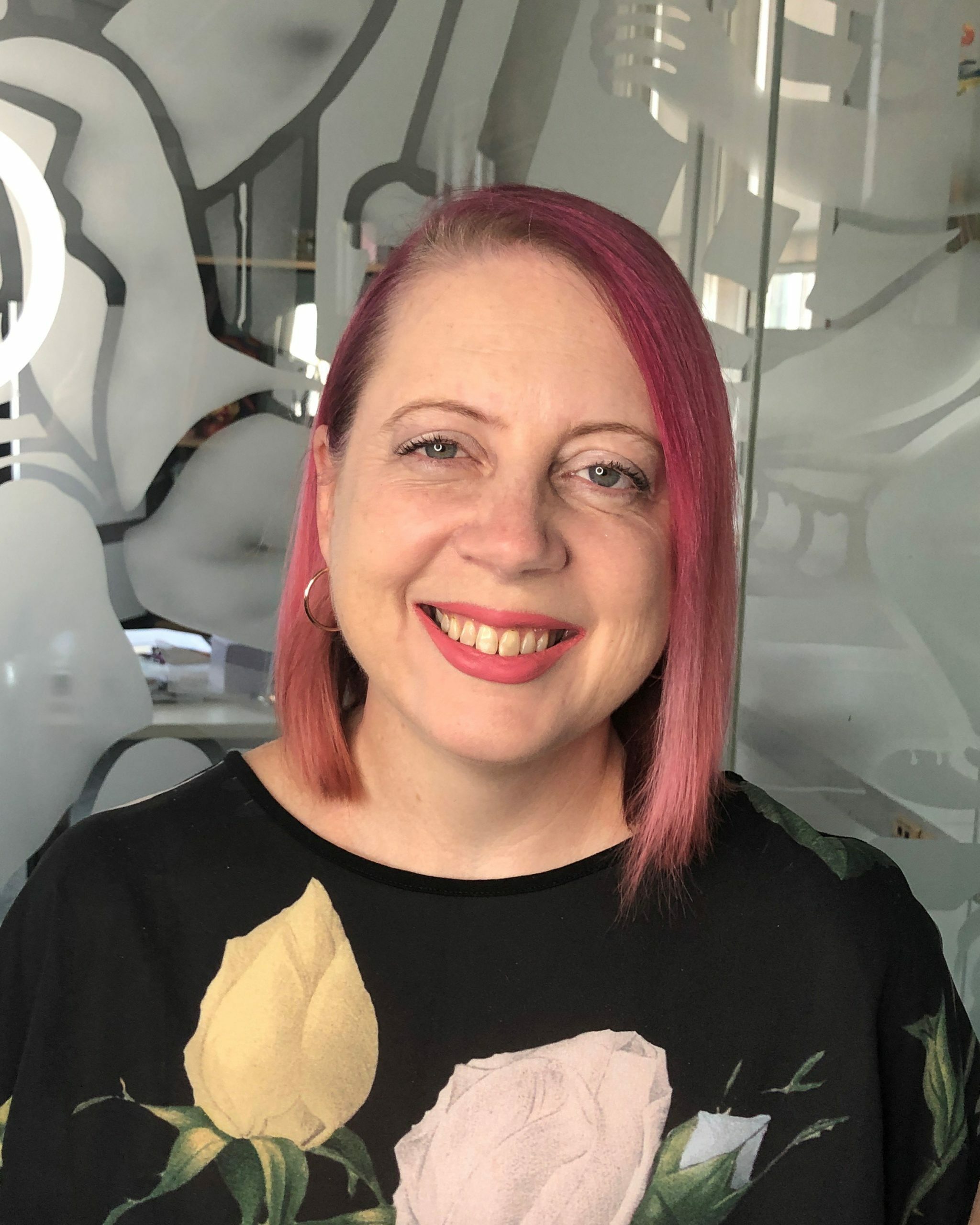
As CEO of Women’s Community Shelters, Annabelle Daniel OAM, has worked with local communities around NSW to establish and open eleven shelters at Hornsby, Forster, Castle Hill, Penrith, Bayside, Parramatta, Revesby and Camden. She has also been instrumental in the ongoing success of the very first WCS shelter which opened in Manly in 2010. (Now known as Northern Beaches Women’s Shelter.). She is also working with the Mornington Peninsula community to establish WCS’ first shelter in Victoria.
She has collaborated with a range of organisations, individuals and stakeholders, from the community and all levels of government to achieve change in the field of homelessness for women and children, including the instigation of the National Safe Places program and NSW’s record ‘Core and Cluster’ Investment.
Annabelle’s volunteer roles include Chair of DV NSW, and the Independent Member on NSW’s Coercive Control Implementation Taskforce.
Leesa Waters
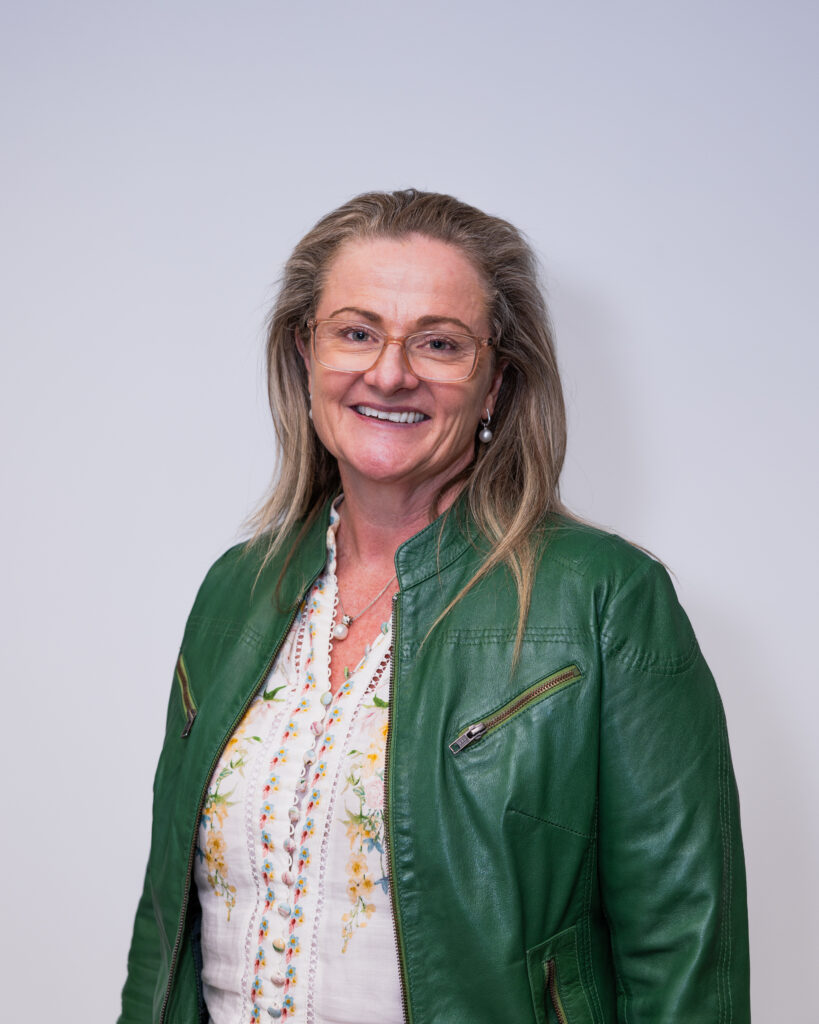
With over 30 years of experience working in regional and remote communities, Leesa is dedicated to amplifying the voices of women, young people and families who are too often overlooked.
As CEO of the National Association for Prevention of Child Abuse and Neglect, Leesa has seen first-hand how policies fail to address the unique struggles faced by regional women and their families. Her career has spanned over frontline child protection, advocacy in the children’s court as a lawyer, and in governance bodies, including her former role as Vice President of the Armidale Women’s Shelter, for seven years.
Leesa is deeply committed to prevention education and has led national Respectful Relationships Education initiatives to ensure marginalised communities are not left behind. Her lived experience and determination to create lasting change has seen her sit on numerous councils, most recently being appointed as an interim member of the NSW Women’s Primary Prevention Advisory Group.
Jackie Wruck
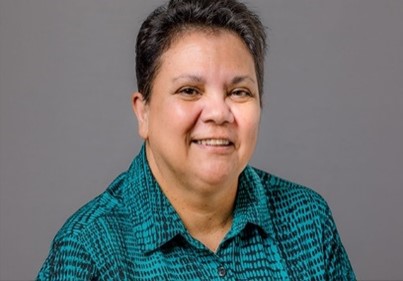
Jackie has been a Safe & Together Certified Trainer in Australia since 2017, which led her to eventually join the Safe & Together Institute staff as the Asia Pacific Regional Manager. Jackie lives in Queensland, Australia, and has been working within the community sector for over 20 years. This included working within government and non-government agencies that worked with vulnerable individuals and families in Australia.
Jackie has worked in the fields of child protection and domestic violence as a frontline practitioner in both advocating and crisis support of families. She has also worked in Aboriginal and Torres Strait Islander organizations as a domestic violence specialist and would consult on cases that involved Aboriginal and Torres Strait Islander families. Jackie has the lived experience, knowledge, and understanding of the issue of domestic and family violence in the context of Aboriginal and Torres Strait Islander families and was the cultural lead for the Walking With Dads program, which is grounded in the Safe & Together Model. Jackie has assisted in bringing both Safe & Together and the Child Protection Child Placement Principles framework together to enhance the lives of Aboriginal and Torres Strait Islander families in Australia to assist in keeping Aboriginal and Torres Strait Islander children out of the child protection system.
In addition to training on the Safe & Together Model, Jackie continued to use the Safe & Together Model directly with families as a child protection professional, coaching and consulting on cases with domestic violence. She continues to be committed to the safety and well-being of children and families through practice changes through the Safe & Together Model.
Jackie represents, assists, and supports Safe & Together Institute in the development and implementation of the model across Australia and Asia Pacific regions
Hannah Taylor- Citivarese
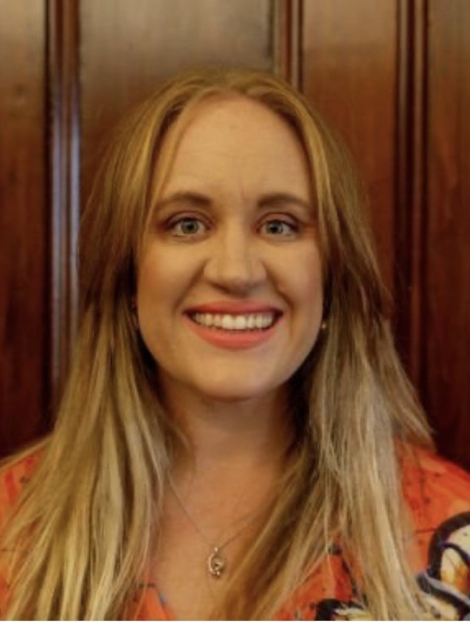
Hannah Taylor-Civitarese, a proud Kamilaroi woman, holds a deep hope for First Nations women to be at the centre of coercive control conversations, legislative changes, and reform. Currently pursuing her PhD through the University of Queensland, with experience in international social work, her research centers on the Intersectional factors of Coercive Control for First Nation women in Australia.
Over the years, Hannah has been privileged to work with First Nation communities in the implementation of health and wellness programs at both state and national levels.
Her passion for intersectionality has included the award winning 1800RESPECT disability pathways project. 1800RESPECT is the first and only national Telehealth service to be accredited the Communication Access Symbol twice. She is also currently enjoying her role as National Cultural Coordinator for 1800RESPECT. All while juggling being a mother to a vibrant 3 year old, one more on the way and three step children.
Hannah’s journey began in child protection, where she continued to understand the systemic challenges within First Nation communities. Motivated to drive change, her commitment to advocacy led her to work with human trafficking task forces in England and the United States, specialising in the rescue and rehabilitation of human trafficking victims. She has also been privileged to have a role in crafting strategies for rehabilitating children involved in sexual offenses. She has been a CEO of a domestic violence service in Queensland, held various board and committee positions and provides consultation, cultural supervision and training through WISE Australia.
Hannah is determined for people to know they always have a hope; they are always valued and they have every right to live free from coercive control in relationships, community and systems.
Gulnara Abbasova
Kerry Staines
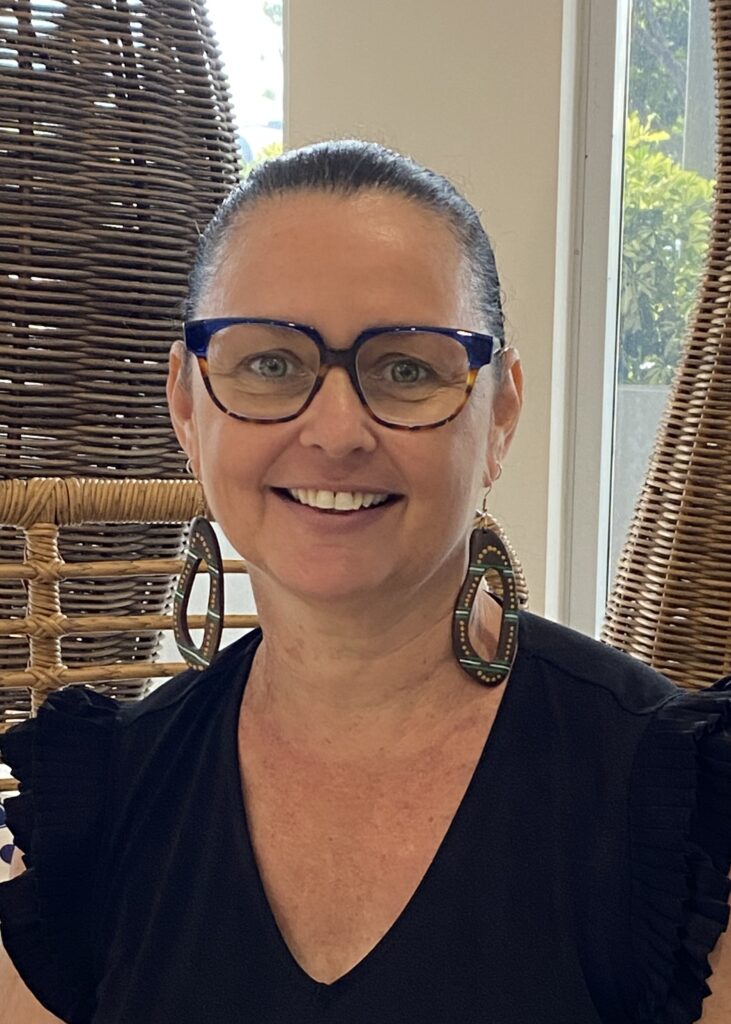
Kerry is a proud descendant of the Wakka Wakka / Mandandanji peoples, and has lived most of her adult life on Gubbi Gubbi Country. Kerry holds an MBA (Leadership) and a Bachelor of Science Psychology, is a graduate of the Australian Institute Company of Directors and holds multiple qualifications in community services and mental health.
With more than 30 years’ experience in the community and human services sector, Kerry Staines is a forward-thinking leader who strives to create positive social impact and address injustice.
As the CEO of First Nations Advocates Against Family Violence (FNAAFV), Kerry brings extensive expertise in strategic planning, policy development, stakeholder engagement, and business growth. Kerry is passionate about addressing systemic challenges that adversely affect Aboriginal and Torres Strait Islander people, their families, and their communities, including those impacted by domestic and family and sexual violence.
“I want to be a part of, and work alongside a network of providers that honour our unique culture and respects the values and history of Aboriginal and Torres Strait Islander communities.”
Ajsela Siskovic

Ajsela Siskovic is the Executive Manager of Legal Services and Principal Lawyer at inTouch Women’s Legal Centre, where she leads a dedicated team providing specialised legal assistance to migrant and refugee women experiencing family violence.
Prior to joining inTouch, Ajsela served as a senior lawyer in the Civil Justice Program at Victoria Legal Aid. Her practice focused on administrative law, including merits review and judicial review in social security and complex NDIS matters. With a strong commitment to equity and access to justice, Ajsela has consistently advocated for marginalised communities, ensuring they receive fair and just outcomes. Ajsela holds a Master of Laws from University College London.
Ajsela’s family came to Australia in the 1990s as refugees fleeing the Bosnian War. This personal history fuels her passion for advocating for the rights and safety of migrant and refugee women. Her work reflects a deep dedication to addressing and overcoming the legal challenges faced by these communities, ensuring they are empowered and protected within the legal framework.
Meaghan Bradshaw
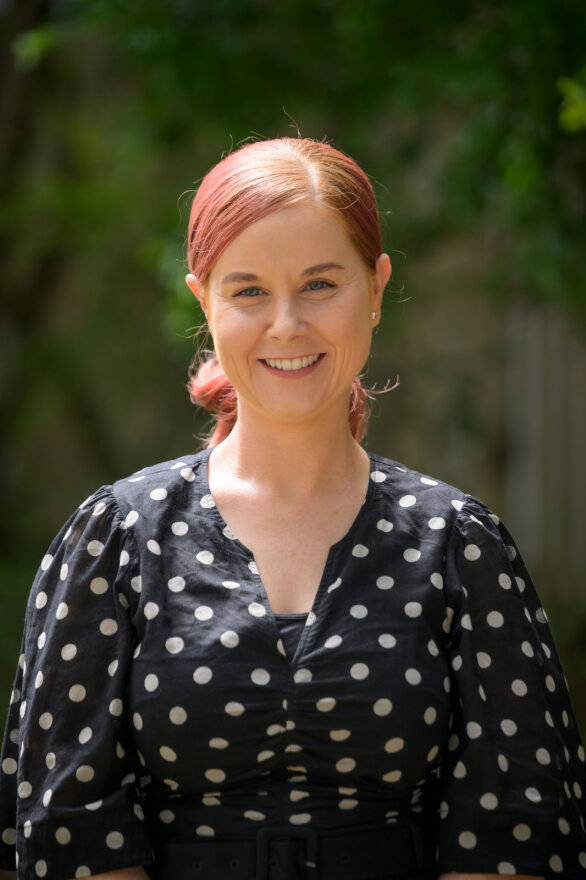
Meaghan Bradshaw is a solicitor of the Supreme Court of Queensland and High Court of Australia. Meaghan lives and works in Meanjin on the lands of the Turrbul and Yuggera people.
Meaghan is the Chair of the Family Law and Domestic and Family Violence Committee with Women’s Legal Services Australia. This role involves national-level advocacy to promote a legal system that is safe, supportive, non-discriminatory and responsive to the needs of women. Meaghan also holds the position of Legal Practice Director at Women’s Legal Service Queensland (WLSQ). In this role Meaghan is responsible for the management of the legal practice and advocating to achieve the WLSQ mission of accessible legal and social justice for a safer future for women and children. Meaghan holds a Bachelor of Laws, Bachelor of Justice, Master of Law (Applied Family Law). Prior to joining Women’s Legal Service Queensland, Meaghan worked as a solicitor in government and private practice. This included working as an independent children’s lawyer, domestic violence duty lawyer and managing the Legal Aid Queensland family law duty lawyer and Family Advocacy and Support (FASS) programs.
Meaghan is passionate about ensuring women and vulnerable people have access to legal advice and support and advocating for legislative and systemic change to end gender-based violence.
Yumi Lee
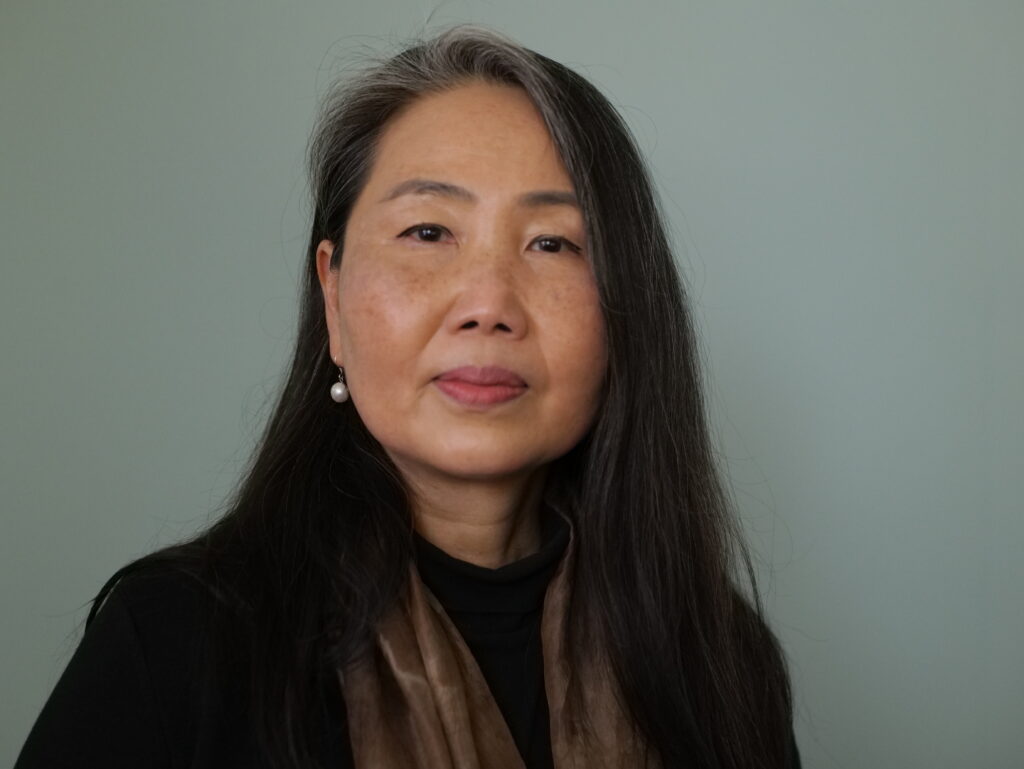
Yumi Lee has worked on women’s rights and violence against women for over 30 years. She began with advocacy for women’s rights in armed conflict and nuclear disarmament. Prior to returning to Sydney and working for the Older Women’s Network, she was based in Hanoi with an organisation supporting street children and rescuing women trafficked to the sex trade in China. She has also supported organisations in Nepal working with marginalised women when she was living there. As the CEO of OWN NSW she is now advocating and lobbying on issues impacting older women, including housing insecurity and homelessness as well as violence against older women, especially in aged care. Yumi received the Advocacy and Reform Bright Sparks Award of 2021 of the NSW Women’s Legal Service for her work in advocating for the safety of older women; and is a member of the NSW Ageing and Disability Commission’s Advisory Board and the Federal Attorney General’s Lived-Experience Expert Advisory Group on Sexual Violence
Dr Alison Evans
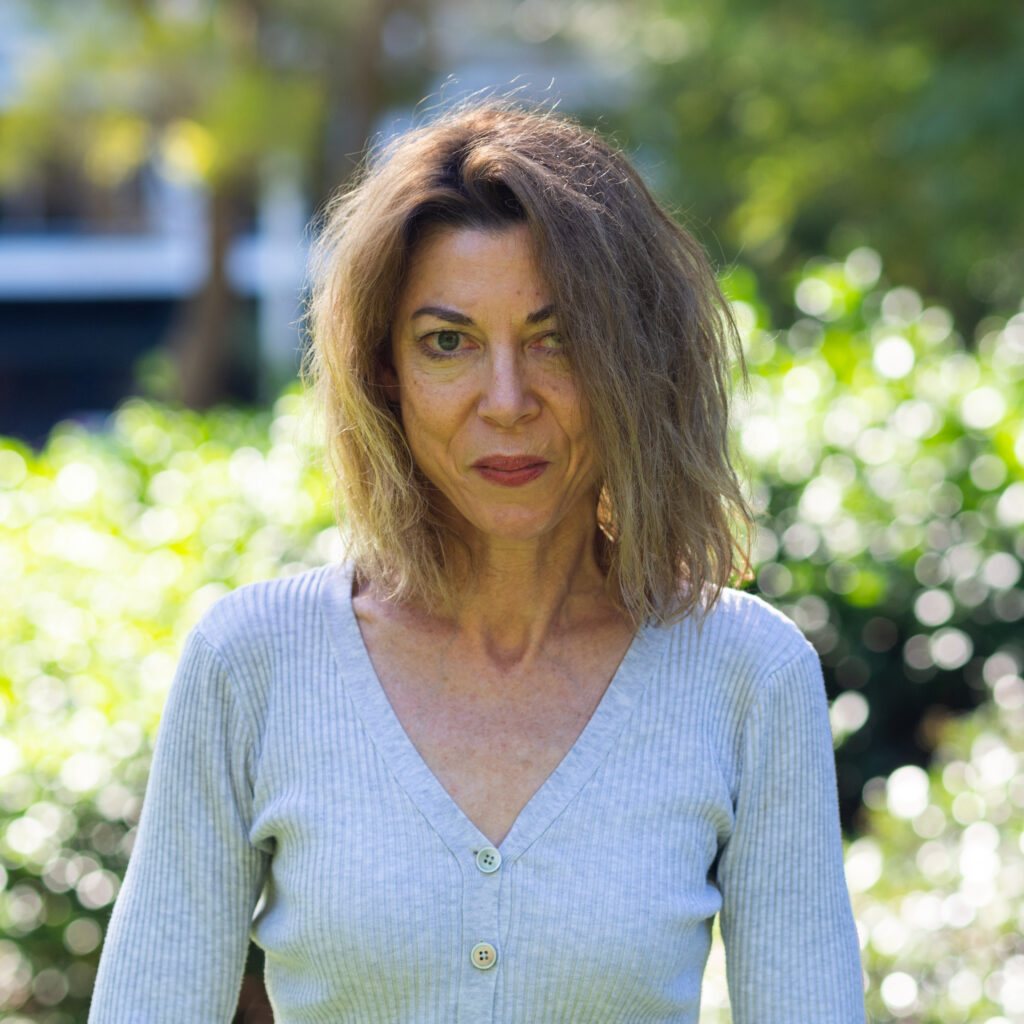
Alison is the Chief Executive Officer at the Centre for Women’s Safety and Wellbeing, working with specialist domestic and family violence, sexual assault support and community-based women’s health services across Western Australia. Prior to this, Alison was the Director of Domestic, Family and Sexual Violence at CWSW. Other roles include Executive Director of the Women’s Community Health Network WA.
Alison is a member of numerous bodies including a Board member of the National Association of Services Against Sexual Violence. Alison has substantive knowledge of violence against women and its implications for women’s health and wellbeing, life chances and choices and access to services and supports. Alison is committed to collaborative practice and supports the leadership of victim survivors to amplify their voices and create change. Alison is a woman with a disability and a survivor of domestic and sexual violence, which are integral to her approach to leadership.
Madeline Clark
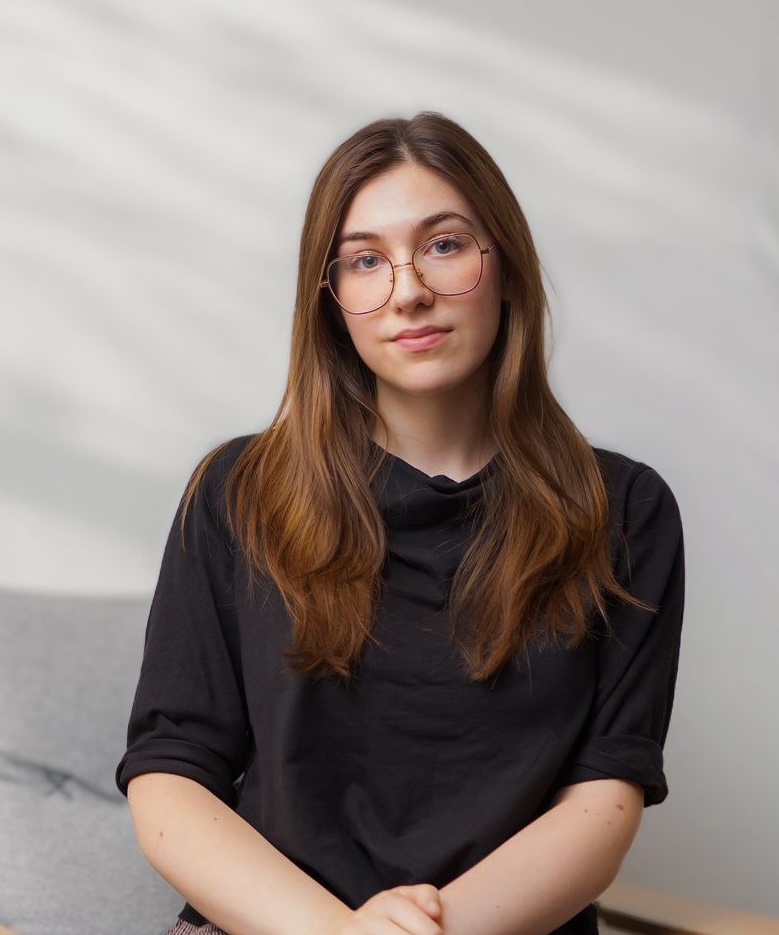
Madeleine Clark is the Deputy CEO of Wesnet, the national peak body for specialist women’s domestic and family violence services. In this role, she works to advocate for specialist services across all states and territories, helping shape projects that support both frontline workers and survivors.
Prior to joining Wesnet, she served as both Acting Convenor and Senior Policy Officer for Equality Rights Alliance, the former National Women’s Alliance for women’s leadership and economic equality. Madeleine has a Masters degree in Political Science from the Australian National University.
Mish Pony
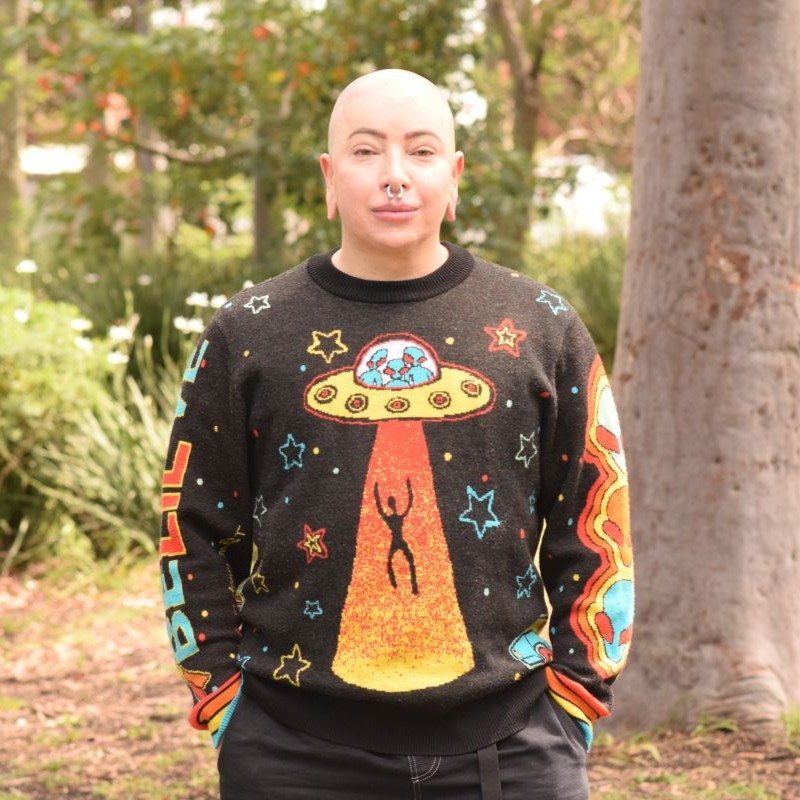
Mish Pony (they/them) is the CEO of Scarlet Alliance, the peak national association for sex workers and sex worker organisations. Mish has worked and volunteered with Scarlet Alliance since 2008 in a range of positions, including elected representative positions. Mish has over 15 years’ experience advocating for trans, queer and sex worker health and rights. Mish previously worked at Twenty10, LGBTIQ+ Health Australia and TransHub, and was a director of Health Equity Matters (formerly AFAO) for 10 years. Mish currently serves as treasurer of the Asia Pacific Network of Sex Workers, and lives in and is a director of an inner-Sydney housing co-operative. Mish was elected Scarlet Alliance Whore Of The Year in 2010.
Angela Lynch
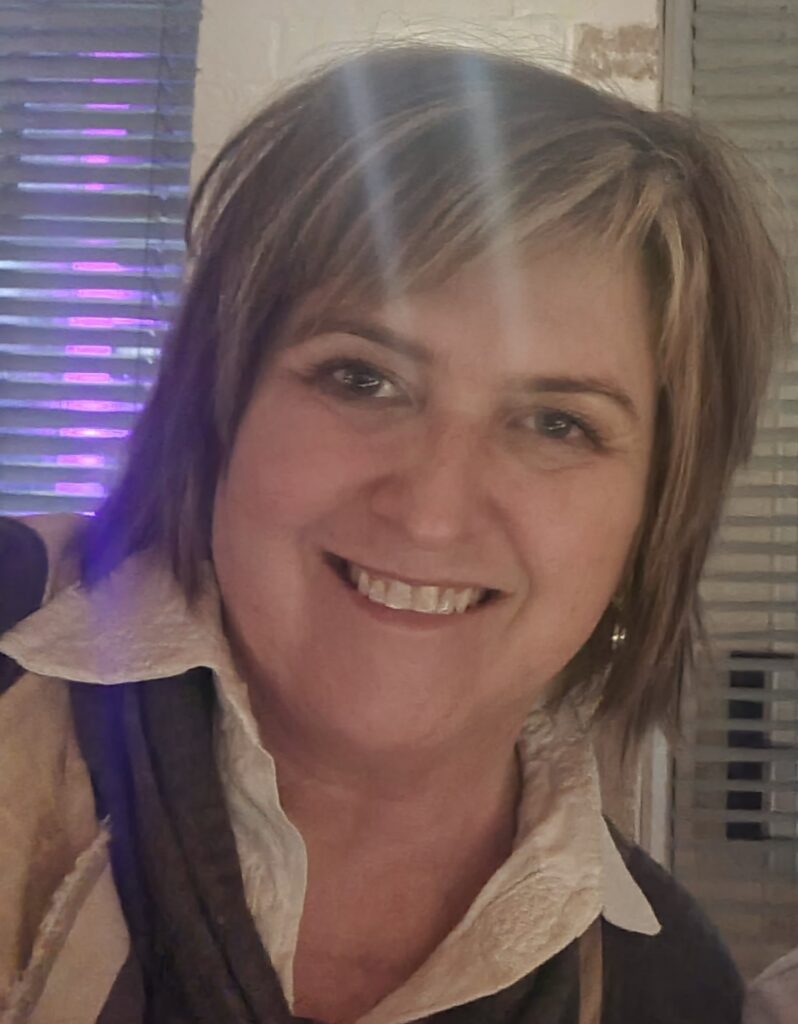
Angela Lynch is a lawyer and a sexual, domestic, and family violence prevention advocate. She is currently engaged by Full Stop Australia as its Advocacy Manager (legal and policy) and as the Secretariat for the Queensland Sexual Assault Network, which is a peak body for specialist sexual violence services in Queensland. Previously, Angela worked for 27 years at the Women’s Legal Service QLD, 5 years as CEO. Throughout her time in the sector, she has been involved in advocacy for significant law reform at a State and federal level and in the development of policy and community education initiatives. Angela is often called upon to provide comment on issues involving DFV and sexual violence in the media, and particularly when these issues intersect with the law and legal processes. She was an inaugural member of the Queensland Domestic and Family Violence Death Review Board and is a current member of the Queensland Sexual Violence Prevention Roundtable. In 2019, Angela was awarded an AM in the Australia Day Honour’s list for her services to victims of domestic and family violence and in November 2022 she was the recipient of the Dame Quentin Bryce Domestic Violence Prevention Advocate Award by the Queensland Law Society.
Ally Hijazi
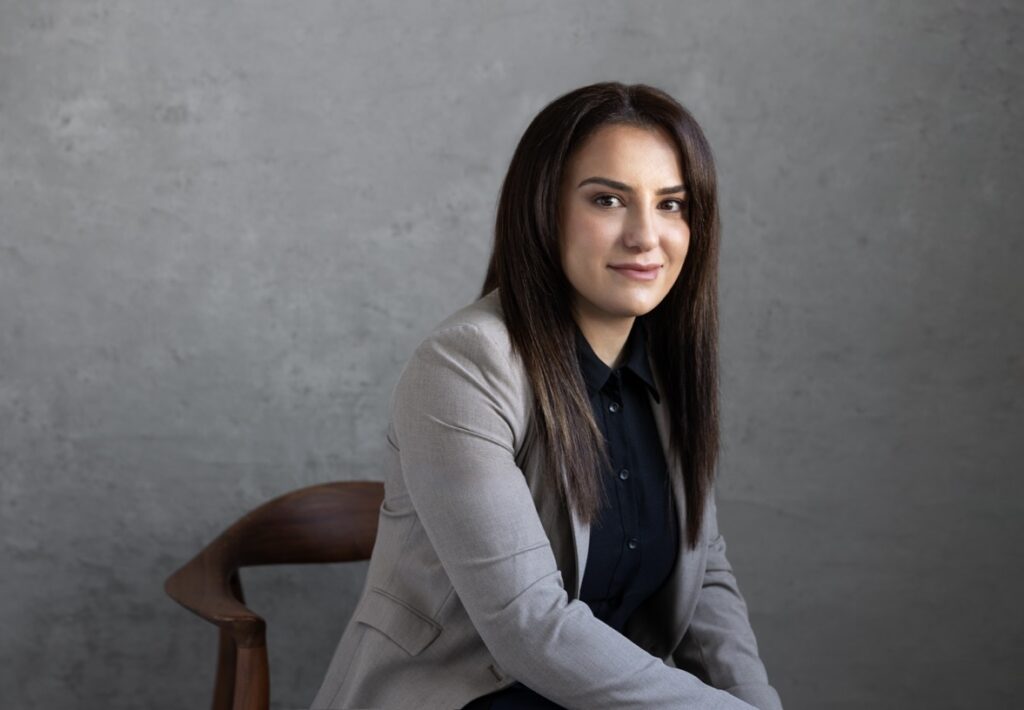
Ally Hijazi is the principal solicitor and founder of Censeo Legal, a boutique law firm specializing in family law, wills and estates, and conveyancing. With a deep commitment to justice and community empowerment, Ally has built her career advocating for gender equality, family and domestic violence awareness, and legal access for marginalized communities. In addition to her legal practice, Ally is a project manager at the Arab Council, where she leads the Musawat program, a groundbreaking initiative that challenges gender stereotypes and raises awareness about domestic and family violence within Arabic-speaking communities. With over four years at the helm of this initiative, she has been instrumental in educating and mobilizing the community around coercive control legislation and the broader impact of gender inequality.
Giulia Fabris
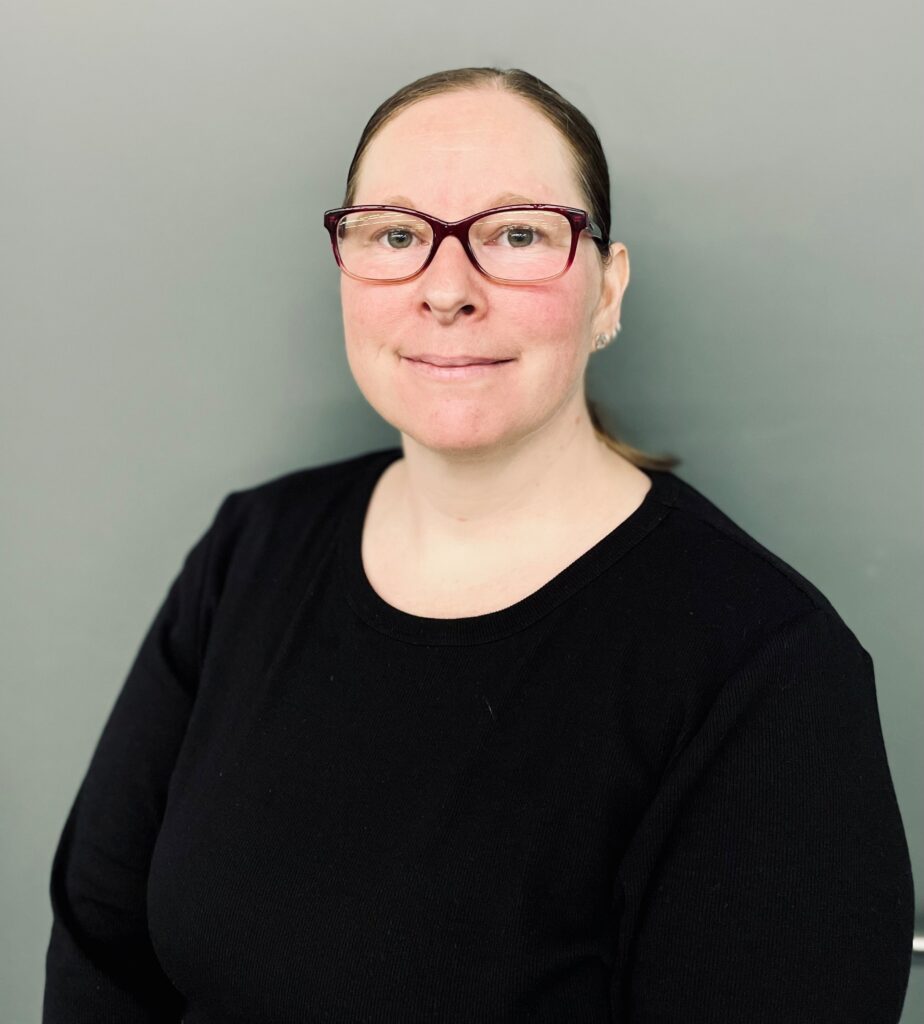
Giulia Fabris is the Policy Advocacy Lead at Health Justice Australia (HJA), a national charity supporting health justice partnership – an initiative that brings community legal help into healthcare and other settings. In this role, she is responsible for HJA’s advocacy to bring about systems change in policy settings and funding to support the growth of cross-sector innovation in service delivery.
Prior to this, Giulia worked in both federal and state government on First Nations policy including the Closing the Gap reforms, health and disability and home ownership. She also has experience working in health peak bodies, where she was involved in policy issues ranging from Aboriginal and Torres Strait Islander Health, primary care workforce and regulation. Giulia has a Bachelor of Arts and Bachelor of Asian Studies (Hons) from the Australian National University, and a Master of Public Health from the University of Sydney
Dr Neeraja Sanmuhanathan
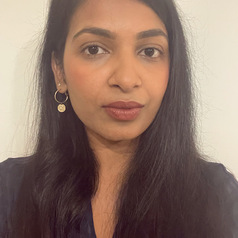
Neeraja is a Senior Sexual Assault Counsellor with Sydney Local Health District supporting victim-survivors of sexual violence providing crisis and ongoing therapeutic work. Within this role, she has also supported University of Sydney students as part of the Safer Communities program. Neeraja is also a tutor and lecturer within the Master of Counselling program at the University of Notre Dame.
Neeraja completed her PhD thesis exploring Post Traumatic Stress Disorder and intergenerational trauma at the University of Sydney. In her previous roles, Neeraja has worked at STARTTS (NSW Service for the Treatment and Rehabilitation of Torture and Trauma Survivors) providing psychological support to asylum seekers and refugees as well as within the Office of the Senior Practitioner (OSP) supporting child protection clinicians. Her areas of interest include intergenerational trauma, violence and intersectionality, centering lived experiences, and mental health capacity building.
